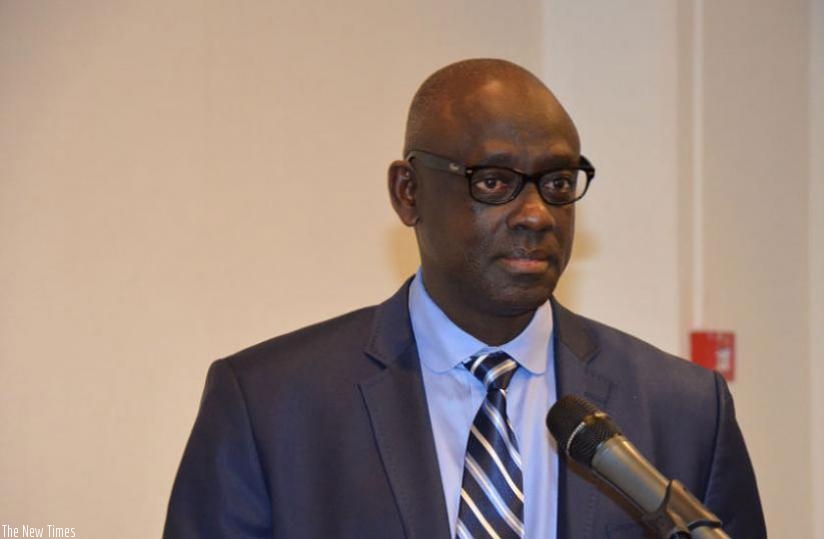We fulfilled 94% of UN rights watchdog proposals, says govt
Rwanda has so far implemented 63 of 67 recommendations made by the Human Rights Council Working Group of the United Nations.

Minister Busingye. (File)
